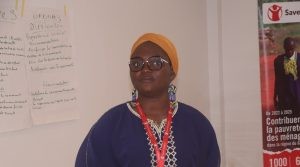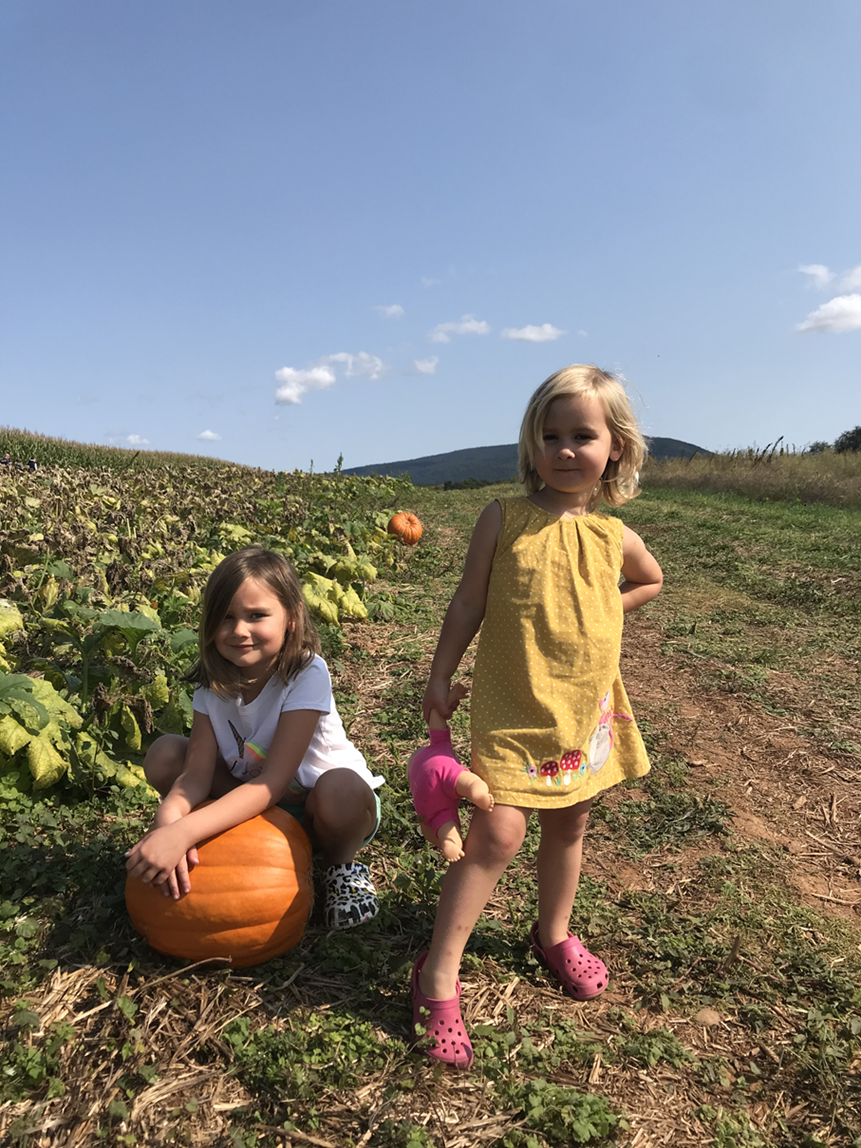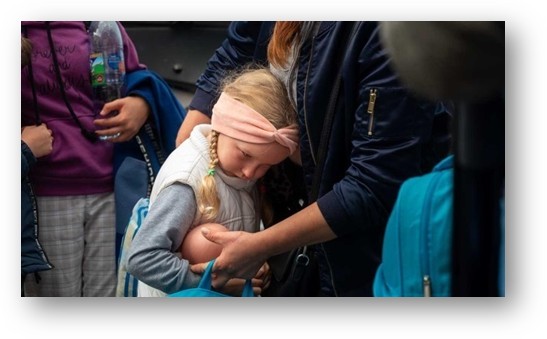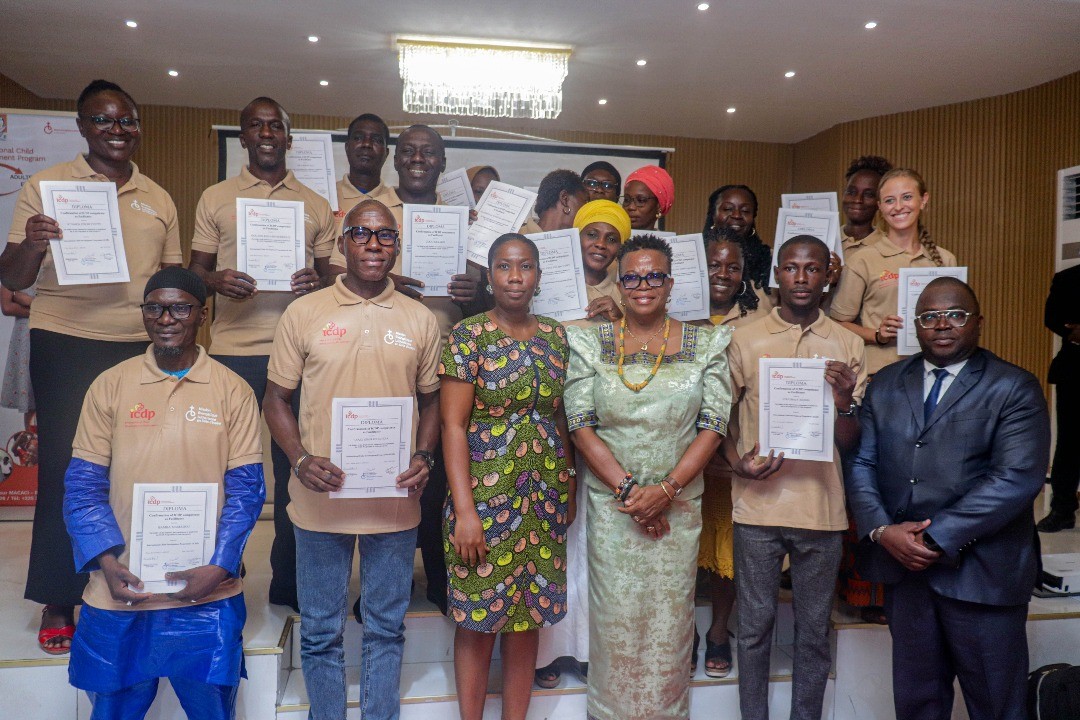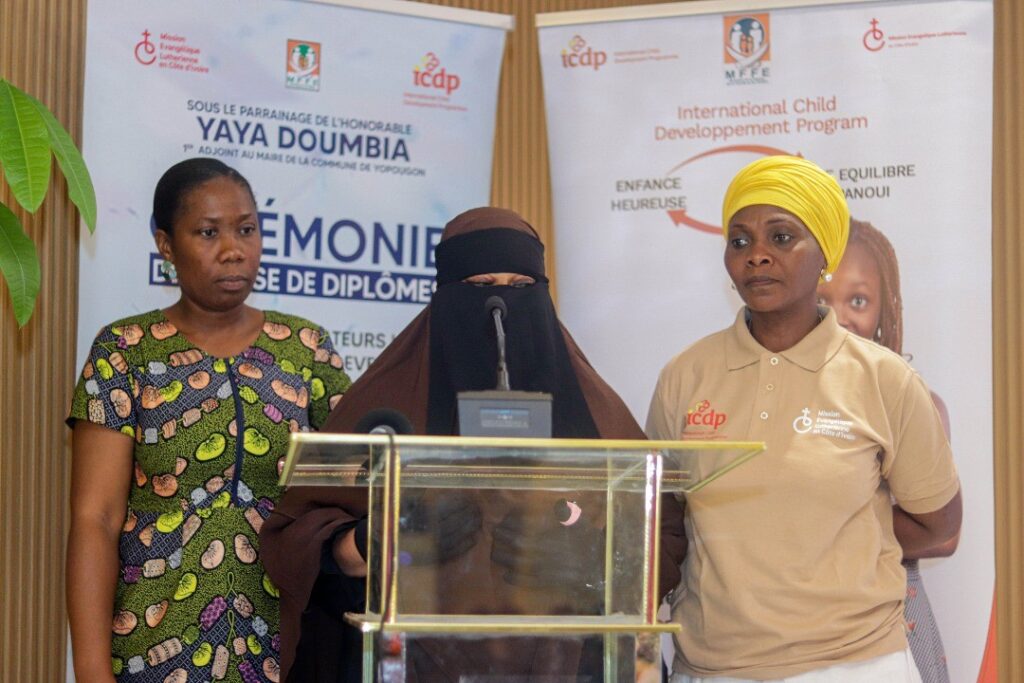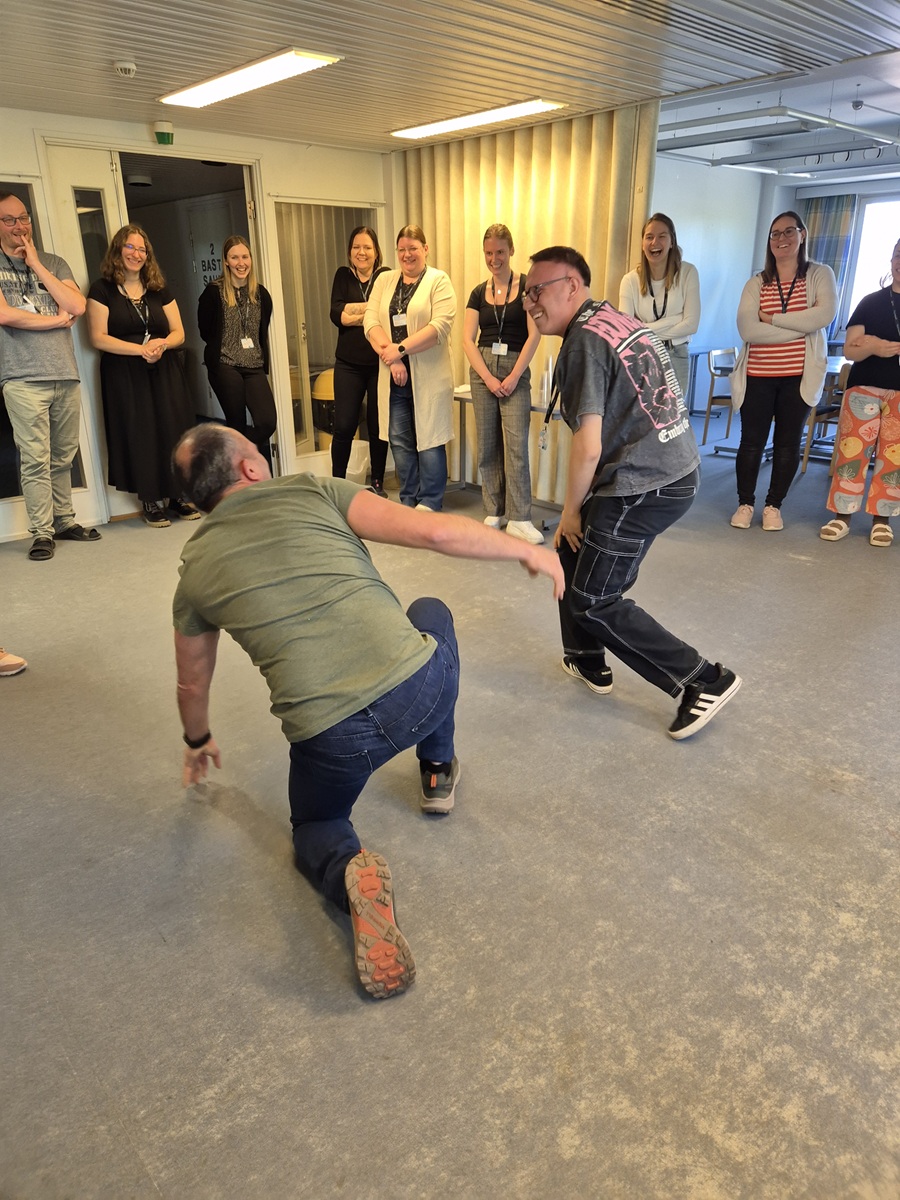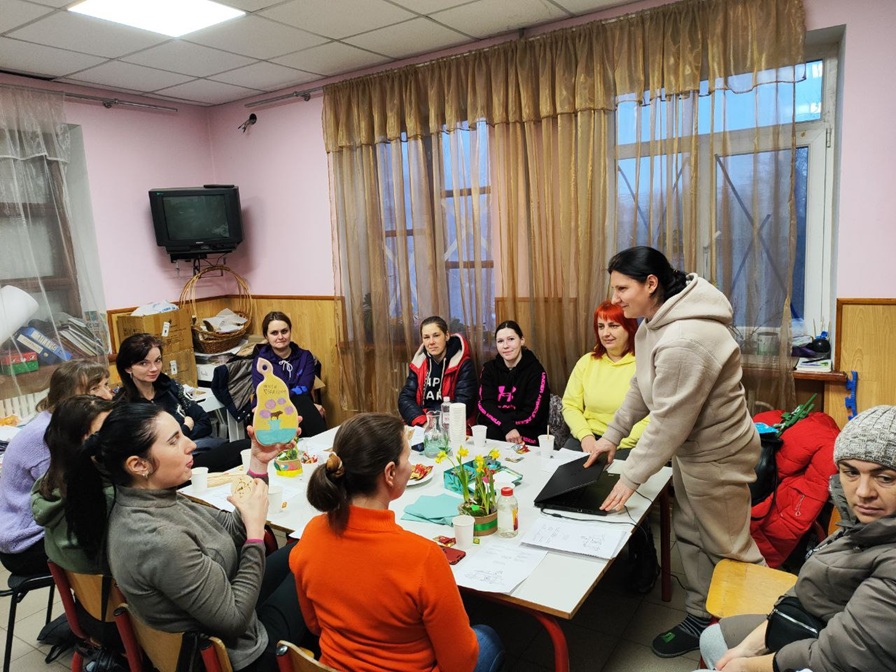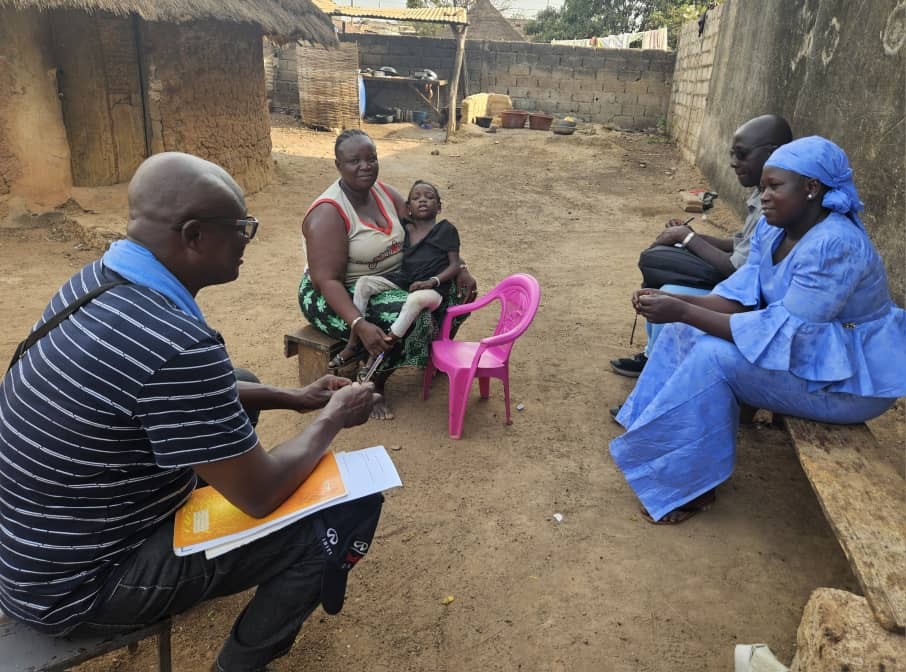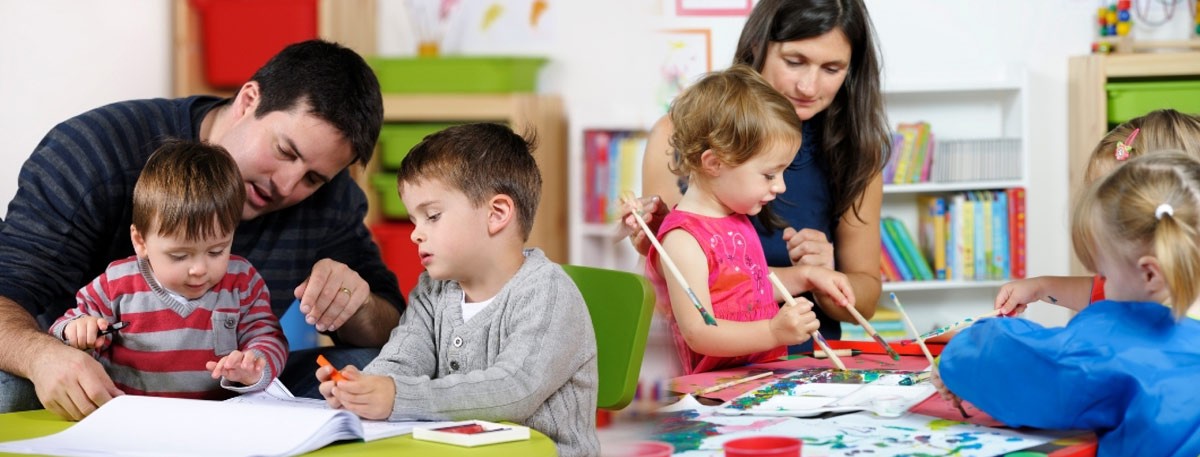15th of August 2025. The ICDP training of a new group of facilitators was announced in the Agence Ivorienne de Press (AIP) – read the article about this training in French
Below is the article translation in English:
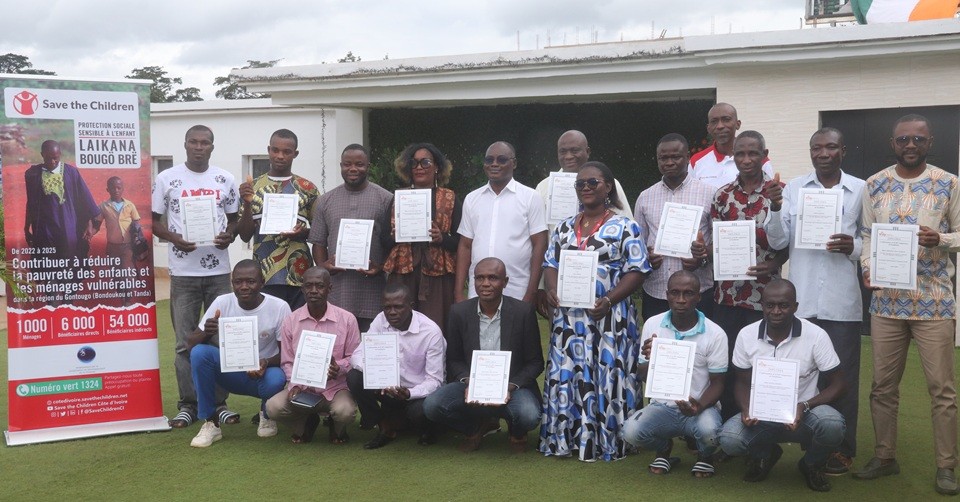
Tanda, August 15, 2025 (AIP) – Six social workers and ten community guides from the Gontougo region received their certificates on Tuesday, August 12, 2025, in Tanda, as part of the International Child Development Program (ICDP), implemented in the department as part of the “Child Sensitive Social Protection” (CSSP) project.
The CSSP project, funded by the Finnish Ministry of Foreign Affairs, is led by Save the Children International, in partnership with the Ivorian NGO Soleil Levant/Éducation. It aims to strengthen positive parenting and access to basic social services for vulnerable families.
The ICDP allows households to express themselves, develop their self-confidence, strengthen family ties, and create a climate of trust with children. Several certified facilitators are now considered local references in positive parenting.
During the ceremony, testimonials highlighted the national and international value of the certificates. “We’ve done the groundwork. Now the hardest part begins: being good facilitators and inspiring other regions,” said Fieni Yao Étienne, a guide in Guiendé.
The director of the Tabagne social center, Bogueu Gnohite, praised the support of the regional director of social protection, Kpla Geores, and the assistance of Save the Children, emphasizing the importance of sustaining the ICDP approach.
For her part, the project coordinator, Boa Syrine, expressed the hope that certified facilitator trainers will emerge in Africa in the coming years to disseminate the approach on a larger scale.
Save the Children’s Advocacy and Behavior Change Technical Advisor Danladi Moussa and the Regional Director of Social Protection praised the motivation of the stakeholders and the positive impact of the CSSP project in the beneficiary communities.
Recommendations for sustainability include expanding the ICDP to other communities, increasing the involvement of community leaders, integrating activities into social centers, creating child protection committees, and organizing community days focused on parenting.
Project coordinator Boa Syrine and her colleague Attoko Ernest were also certified. The ICDP, implemented with the support of administrative, religious, and traditional authorities, aims to be gradually institutionalized at the local and national levels to sustainably strengthen child protection and well-being.
********
Link to a testimonial from a mother who received ICDP training: https://www.facebook.com/share/v/1BNyVWfoac/

